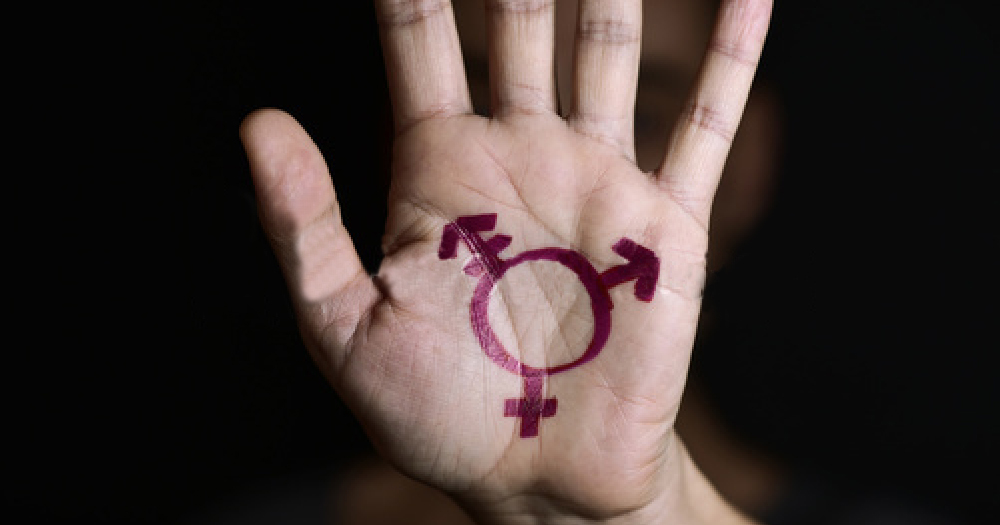According to new figures, transphobic hate crimes have increased by 37% in England and Wales over the past year.
A total of 103,400 hate crimes were recorded by police in England and Wales between 2018 and 2019, approximately 75% were racially motivated.
According to the statistics, hate crimes against members of the trans community had the largest increase with 2,333 incidents reported.
The report also reveals that the second-largest increase was for attacks motivated by sexual orientation which saw a 25% increase to 14,500.
Senior police officer Chief Constable Charlie Hall has said that hate crimes have risen to a ‘new norm’ since the Brexit referendum in 2016.
“Sometimes the way things are said can be perceived as giving permission to people to act beyond the normal boundaries … it does have an impact on people,” Chief Constable Charlie Hall told a press briefing on Friday.
“We know some of that debate is quite strong but we ask people when those debates take place, that they are respectful and mindful of the impact that’s being had on others.”
In Ireland, An Garda Síochána have introduced a working hate crime definition.
Garda Commissioner Drew Harris said the definition would guide gardaí who are investigating hate crimes.
Last week An Garda Síochána launched its Diversity and Integration Strategy. More information is available here https://t.co/rmMH3z0WWN pic.twitter.com/vXsRHOcRDy
— Garda Info (@gardainfo) October 15, 2019
“It’s an important day for us and an important day in terms of protecting the vulnerable in society and that we’re here for everyone in society in Ireland, and we’re here to protect them,” he said.
The strategy defines a hate crime as:
“Any criminal offence which is perceived by the victim or any other person to, in whole or in part, be motivated by hostility or prejudice, based on actual or perceived age, disability, race, colour, nationality, ethnicity, religion, sexual orientation or gender.”
Dr Jennifer Schweppe and Dr Amanda Haynes, Hate and Hostility Research Group, University of Limerick stated that although this is a positive step, the lack of LGBT+ liaison officers will present issues in the plan’s implementation:
“We are delighted to see the publication of the long-overdue Garda Diversity and Inclusion Strategy. The inclusive definitions of hate crime and hate incidents mean that homophobic and transphobic crimes against the LGBT+ community can be recorded as such if the victim or any other person believes the crime to be motivated against their sexual orientation, gender identity, or gender expression.
“There remains, however, no specific recording category for biphobic crimes. We are pleased to see commitments to developing guidelines and policy to support the operation of this new definition but concerned, however, that there is no commitment to training to bed down a shared understanding of definitions and policy. Of equal concern is the fact that there is no mention of LGBT+ liaison officers or diversity officers in the plan. This, we believe, represents a considerable obstacle to the fulfilment of the objectives of the plan.”
If you are the victim of a homophobic, biphobic or transphobic hate crime, The Call it Out website provides specific advice on reporting a hate crime after the fact.
© 2019 GCN (Gay Community News). All rights reserved.
Support GCN
GCN is a free, vital resource for Ireland’s LGBTQ+ community since 1988.
GCN is a trading name of National LGBT Federation CLG, a registered charity - Charity Number: 20034580.
GCN relies on the generous support of the community and allies to sustain the crucial work that we do. Producing GCN is costly, and, in an industry which has been hugely impacted by rising costs, we need your support to help sustain and grow this vital resource.
Supporting GCN for as little as €1.99 per month will help us continue our work as Ireland’s free, independent LGBTQ+ media.
